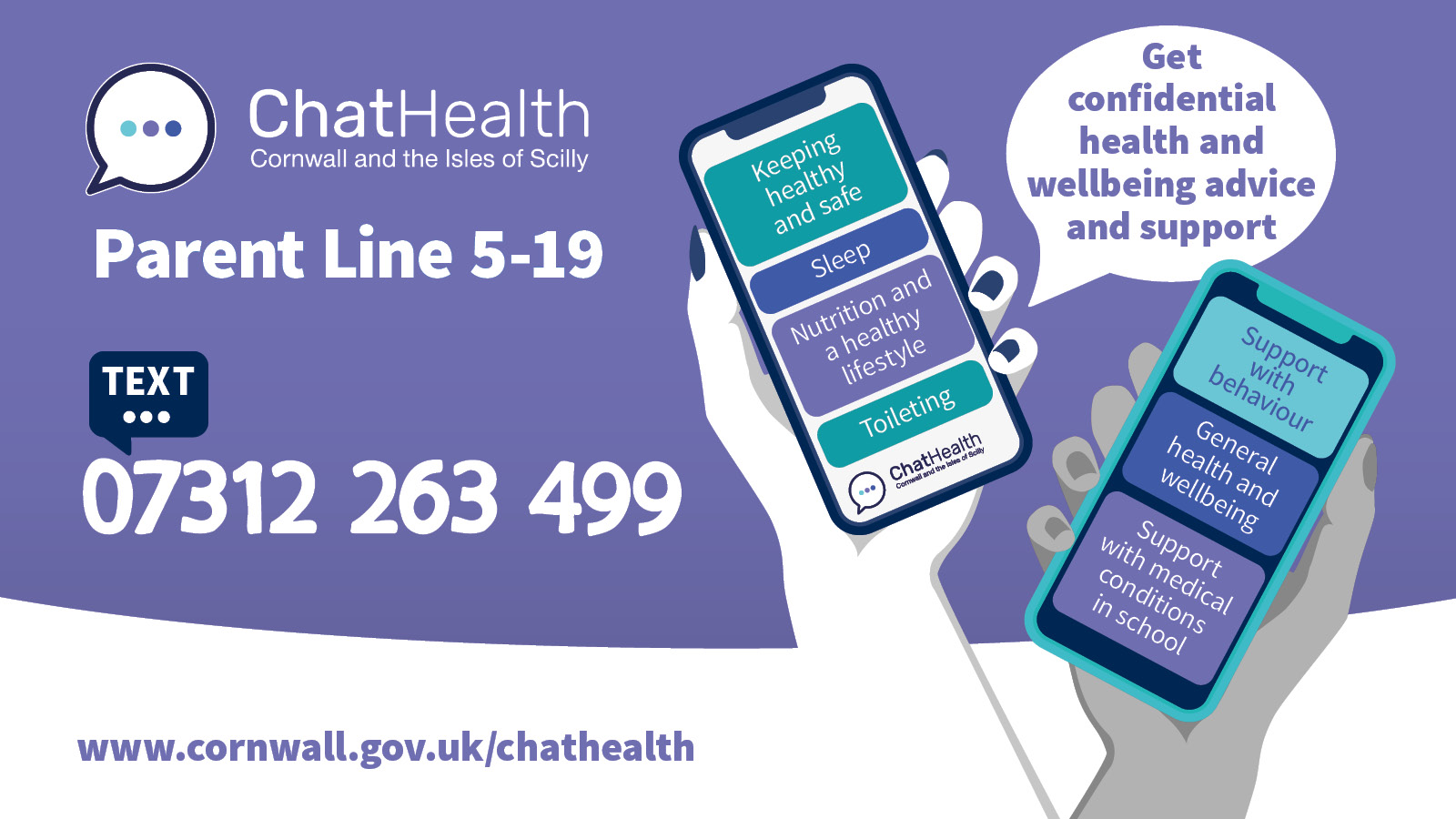About parental anxiety
Parental anxiety is the worry of being a parent or carer. It can mean worrying about your child's health, social life, and school. Parental anxiety might start at birth. But, it can affect parents of children of any age . It may be set off by a specific event or situation, or it might build up slowly over time.
Parental anxiety can also affect children. They can pick up your fears and start to worry.
What triggers parental anxiety?
A range of worries can trigger parental anxiety:
- For example, a child's illness, serious or minor, can worry parents. Sometimes it can be hard not to imagine the worst, even with the smallest of ailments.
- A child's development can also cause anxiety. Children's progress is not linear. Like a roller coaster, it can go slowly before a sudden burst.
- As our children grow up, parents may worry about their child making friends or bullying.
- Parents can also feel anxious about children’s time at school. This could be due to a parent's own school experience. Or, they might worry about how their child compares to other pupils.
Managing your own anxiety
Worrying about your child can make you feel anxious and isolated.
Make sure that you look after your own mental wellbeing. Look after yourself so you can support your child:
- talk to someone that you trust – this could be a friend or family member.
- make time for self-care – including seeing friends and family, hobbies, and relaxation.
Self-care tips for parents
- Practice breathing & relaxation regularly (even when you feel ok) to keep anxiety low.
- Have coping ideas to hand to use when you start to feel overwhelmed.
- Remember to eat well and exercise – both have a huge effect on mood and anxiety.
- When you feel panicked, drink a glass of warm water (not boiling) as this can help soothe the nervous system. Try herbal teas, especially ones that contain the herb valerian, as they can be helpful.
- Write a list of your worries – seeing things on paper helps put concerns into perspective and can help you to create a plan for managing anxiety.
Plan ahead
Plan how to handle triggering situations. For example, make a list of situations and coping strategies to use.
Practice coping skills
Find and use skills that work for you. When children see you using your strategies, they can learn to cope with stress.
Be open
It’s OK to be open with children about coping with anxiety. For example, if you shout at your child during a stressful moment, explain how you felt. Tell them that shouting was a reaction.
Avoid sending the wrong messages
When you're anxious, you might teach a child to fear situations you're afraid of. For example, if you're afraid of swimming, you may panic when your child is near water. This could communicate your fear to them.
Use stress management techniques
The key is to find something you enjoy and works for you. Ideas include:
- exercise
- mindfulness
- meditation
- yoga
- deep breathing exercises
Seek help
Talk to a GP about ways to manage your anxiety.
Finding support from friends and family members can also ease the pressure on you.
Cornwall’s ChatHealth Parent Line is an excellent source of free confidential advice from local healthcare staff.
